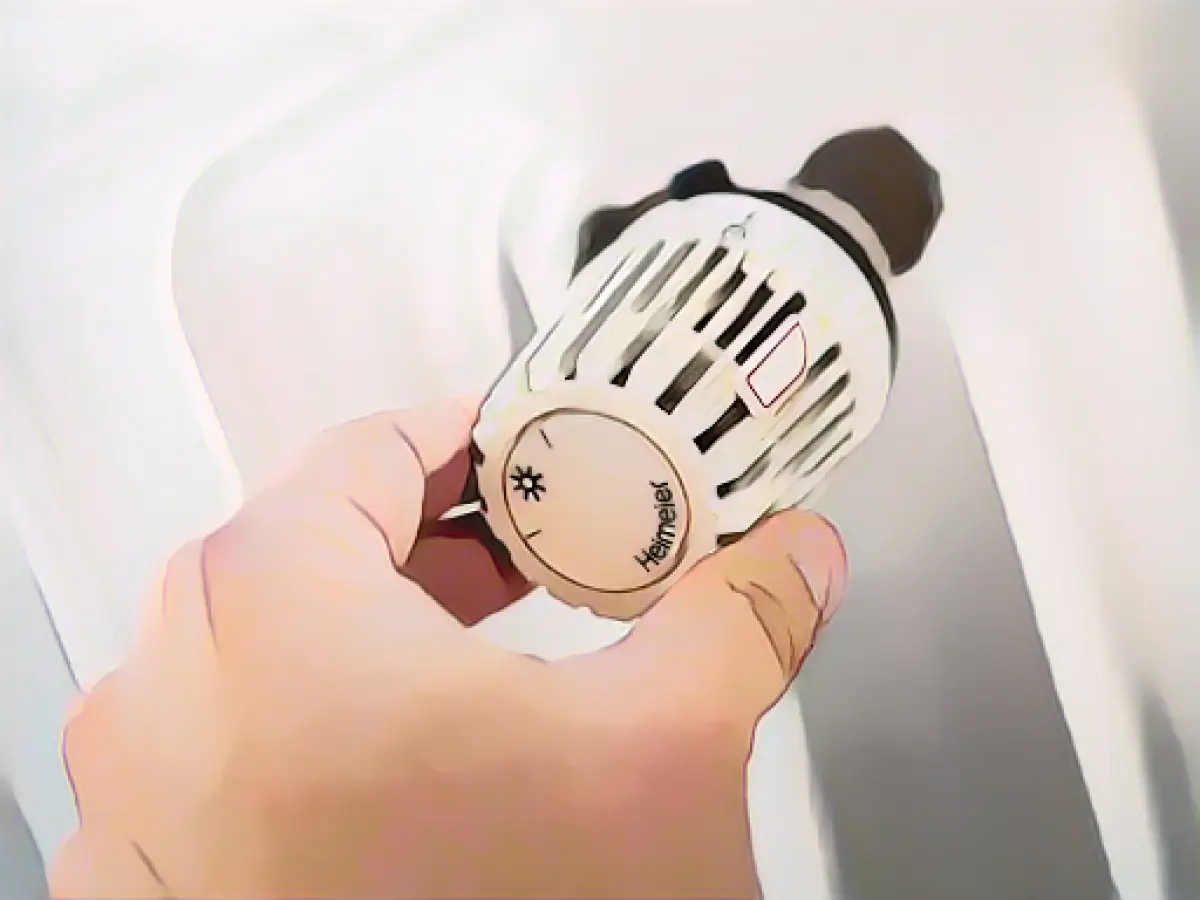Heat from the sewer: SPD calls for heating with wastewater
If even the Élysée Palace in Paris is heated with wastewater from the sewer, this technology could also be a model for the Ruhr region, according to the SPD in the NRW state parliament. In a motion presented on Wednesday for next week's plenary session, the SPD calls on the black-green state government to raise awareness of the opportunities of heating with wastewater in North Rhine-Westphalia.
Cities and municipalities should be actively informed about this technology and take the potential of waste heat from wastewater into account in their municipal heating plans. To this end, the sewer network operators should create digital maps showing where wastewater heat has potential. Last but not least, in the interests of a climate-neutral heat supply, the opposition is also calling for state-owned buildings to be examined for the possibility of using this technology.
The President of the German Association for Water, Wastewater and Waste (DWA), Ulrich Paetzel, qualified: "Logically, it won't work for every area. Some have an unfavorable connection, some are too far away from the sewer." So far, the process has not been economical without subsidies. This has changed since Russia's war of aggression against Ukraine, "because we are dealing with much higher prices on the market," said Paetzel, who is also Chairman of the Board of Emschergenossenschaft and Lippeverband.
According to the SPD, the Ruhr region, with its five million inhabitants, dense urban development and dense underground sewer network, is particularly suitable for the use of wastewater heat. The technology works via a heat exchanger installed in the sewer pipe. This allows the heat to be transferred to the adjacent buildings in a separate water circuit and used in the heating circuit for a heat pump. According to the SPD, this creates an economic advantage, particularly for larger individual buildings that are located close to sewers.
In NRW, there are already two examples of heat recovery from wastewater: the Hofstede indoor swimming pool in Bochum and a retirement home in Dortmund.
The SPD in the NRW state Parliament believes that the Élysée Palace's approach of heating with wastewater could inspire the Ruhr region, as it has a dense urban development and sewer network. In light of climate change and high energy costs, the SPD urges the black-green state government to explore the possibilities of wastewater heating in public buildings, including those owned by the state.
Source: www.dpa.com








